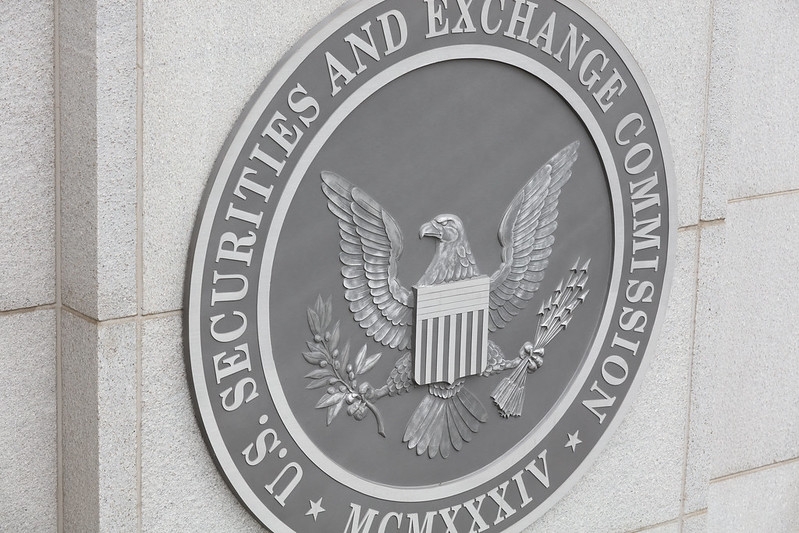News has recently surfaced concerning a mounting dispute between cryptocurrency exchange powerhouse, Coinbase, and the United States Securities and Exchange Commission (SEC), the federal regulatory body for financial markets. The battle revolves around Coinbase's cry of overreach by the SEC, and the SEC's staunch rebuttal.
In a rather unsurprising turn of events, the SEC's recent communication to a district court judge, delivered on July 7, disputed Coinbase's claim of undue jurisdiction. The regulatory body highlighted Coinbase's comprehensive awareness of the possible application of federal securities laws to its operational procedures.
Coinbase, since it went public, has consistently made known to its shareholders the inherent risks of crypto assets traded on its platform. These assets, as stated by the SEC, might be classified as securities, placing the crypto exchange's activities at odds with federal securities laws.
The SEC took a jab at Coinbase, referring to it as a multi-billion-dollar organization equipped with experienced legal counsel. The regulatory body claimed Coinbase had chosen to sideline more than seven decades of significant jurisprudence under Howey. They further argued Coinbase was forging its unique definition of an investment contract, a move the SEC deemed as audacious.
The SEC's recent letter serves as a reply to Coinbase's previous correspondence on June 28, in which the crypto exchange expressed its intention to file a motion for judgment, believing the case had no legitimate disputes over material facts. Coinbase drew on the SEC chairman, Gary Gensler's appearance before Congress, where he reportedly said that market regulators didn't have authority over crypto exchanges. This was a duty only Congress could confer.
Moreover, Coinbase noted that the SEC's charges came two years after they went public and had been transparent about their activities to the regulator and the public. Roland Chase, a corporate and securities lawyer, clarified that the SEC's mandate from Congress was to oversee the documentation for going public and provide feedback to enhance investor disclosures. He emphasized that the SEC couldn't deny a company's public listing simply because it perceived it as a poor investment choice.



























Comment 0